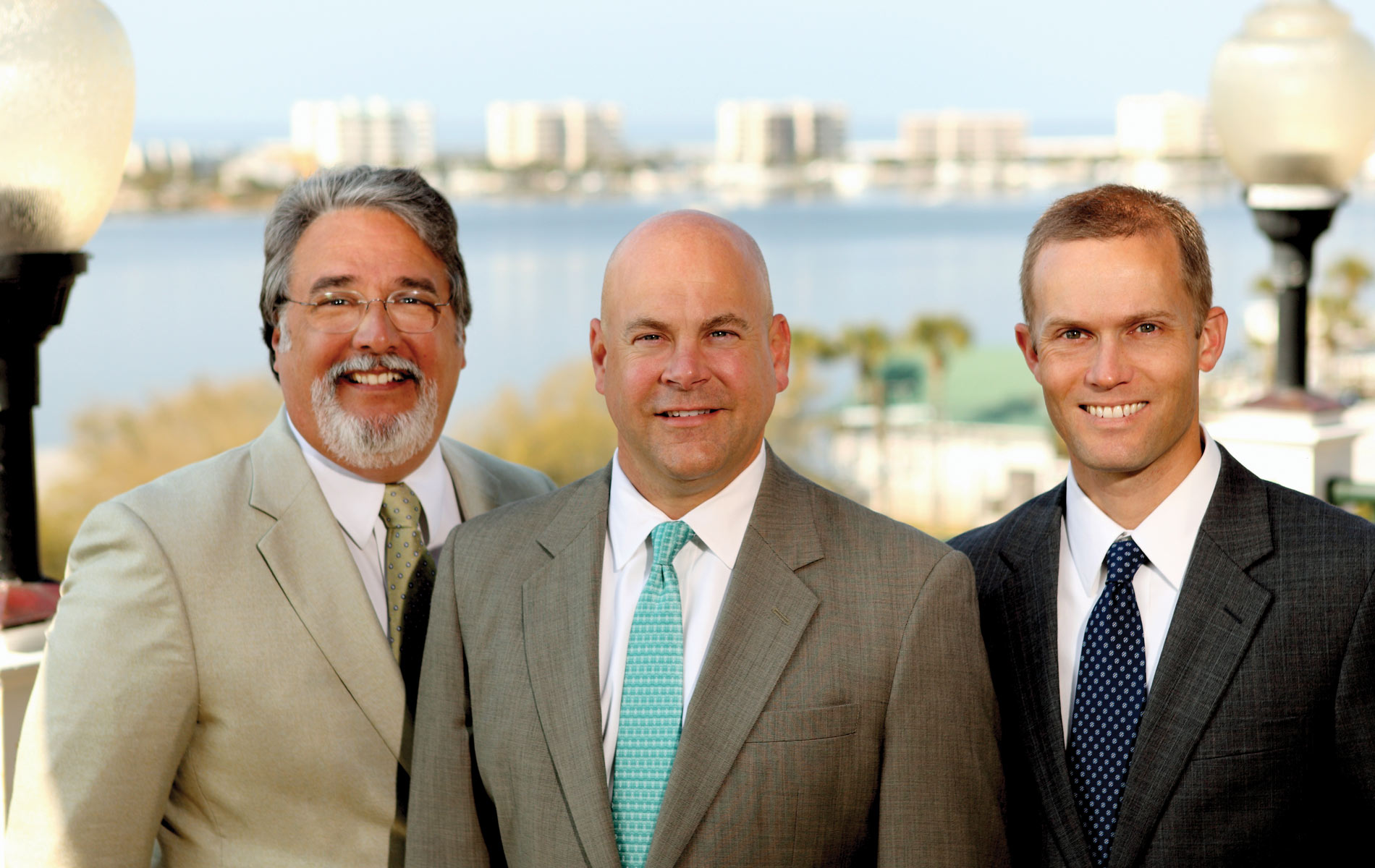
vie-magazine-raymond-james-feature
The Retirement Income Conundrum and the Silver Tsunami
By David Waddle, Brian Haugen, and Steve Cann
So you’ve worked hard all of your life building your nest egg and now it’s time to enjoy your golden years. It’s time to smell the roses, hang your hammock and celebrate retirement on the Gulf of Mexico. Whatever your retirement dreams entail, your quest for financial independence in an economy that is striving to recover from a recession could prove to be quite challenging. But don’t feel as if you are alone … you are part of the largest wave of retirement in modern history.
January 2011 marks the dawning of the “silver tsunami” age: Each day for the next twenty years, approximately ten thousand baby boomers will reach their retirement age of sixty-five (as calculated by the U.S. Census Bureau, that totals seventy-nine million U.S. citizens). These “boomers” are the largest, wealthiest, and most intellectually sophisticated and technologically advanced generation in the history of modern man. The demographic offspring of our post–World War II global dominance, the baby boomers’ massive population bulge created historical phenomena as each decade passed by. When the boomers went to grade school, there weren’t enough teachers or schools in existence, causing massive strains on state and local economies. When they went to college and started to buy their first homes, it caused a generational spike in interest rates, not to mention a major housing boom. When they entered the golden age of investing from 1982 through 2000, the U.S. equity market compounded at an annual rate of 18 percent, punctuated by the dawning of the Internet, the PC explosion and the ensuing smart phone evolution that is the leading technological trend even today. From the summer of 1982 through the summer of 2007, the Dow Jones Industrial Average multiplied itself an amazing eighteenfold!
Now that you are retiring, where will you go with your hard-earned savings? The terrible saga of the greatest recession since 1930 has severely jostled the retirement landscape. On the one hand, a decline in real estate values, rising unemployment, and the stock market crash paint a gloomy picture of financial despair. On the other hand, Federal Reserve Chairman Ben Bernanke has launched QE1 (quantitative easing) and now QE2. A student of the Great Depression, Bernanke has warned us many times of the dangers should we encounter Great Depression No. 2. In essence, he has told the world that he will do everything in his considerable power to keep interest rates low, stimulate growth, and ensure the recovery of the economy. Can you trust that the Federal Reserve chairman will get it right? Is your nest egg large enough that it will support you at today’s record low interest rates?
Traditional retirement income vehicles like CDs, U.S. Treasury securities, tax-free municipal bonds and others all have their own unique risk parameters. Their current cash flows may not be sufficient for you, and they entail considerable risk to capital if and when interest rates eventually rise from historic lows. How about Social Security? Can exploding U.S. debt levels continue to support rapidly growing entitlement deficits in Social Security, Medicare, and now President Obama’s new health care plan? Can we trust our politicians to reign in the rampant spending spree of the past several years? If not, this might have important consequences for “traditional” retirement income planning.
It’s a tough challenge confronting all retirees. There are no simple, formulaic answers—and traditional strategies might not provide an adequate solution for lifetime income. But all hope is not lost. Many boomers will steer a successful course to a financially sound retirement, especially those who can clearly identify the real risks in traditional planning and in turn consider some alternatives. The U.S. continues to be a dominant player in the global economy, and our capital markets will likely provide ample opportunities for growth and prosperity. You’ll just need to be more flexible in your retirement strategy. If you’re not comfortable going it alone, seek help. A seasoned advisor carries the insight and experience of his or her clients, who have been through this before. The seasoned advisor brings valuable knowledge of what has worked for his or her clientele and what hasn’t, and how individuals’ retirement plans were affected by events of the past several decades. Find someone who makes you feel comfortable and puts your needs first, and get to work now.
And while you are at it, get back to enjoying the life that you have created. You deserve it!
— V —
Past performance does not guarantee future results. There is no assurance these trends will continue. Investing involves risk, and you may incur a profit or a loss. The Dow Jones Industrial Average is an unmanaged index of thirty widely held securities. While interest on municipal bonds is generally exempt from federal income tax, it may be subject to the federal alternative minimum tax, state or local taxes. In addition, certain municipal bonds (such as Build America Bonds) are issued without a federal tax exemption, which subjects the related interest income to federal income tax.
Prepared by David Waddle, Brian Haugen, and Steve Cann of Emerald Coast Wealth Advisors of Raymond James and Associates, which specializes in designing personalized, diversified financial portfolios for high-net-worth investors along the Emerald Coast.
Share This Story!
KEEP UP WITH THE LATEST STORIES FROM VIE
















































































































































